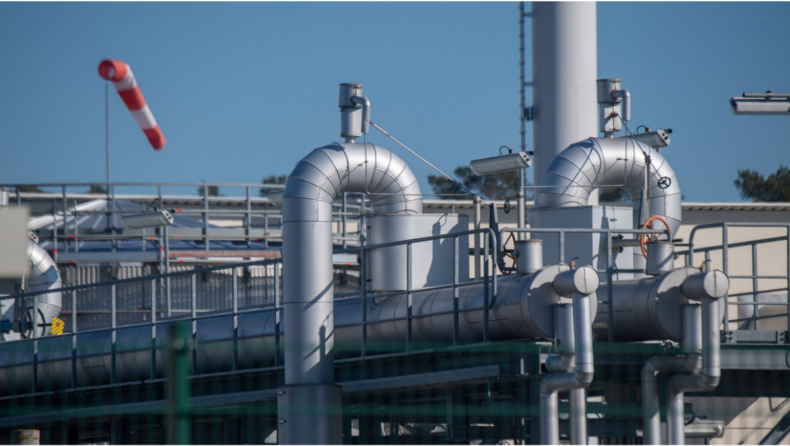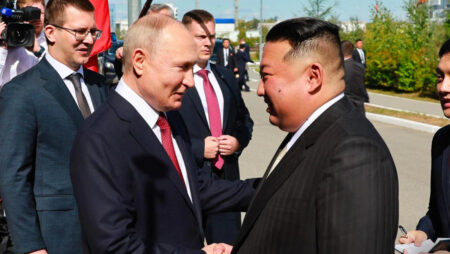In a guest post for the Daily Telegraph published on Monday, Prime Minister David Cameron called for a swift end to Britain’s “dependency” on Russian oil and gas, comparing it to “addiction,” while warning that the process will be “difficult” and “traumatic” for British households.
In his lengthy guest essay, Johnson claimed that abandoning Russia’s oil and gas supplies had become a necessity, calling it a “grave error” that the UK and other Western nations had not faced up to Moscow‘s “bullying” sooner.

Tough Times Ahead Of Cutting Ties With Russia?
“I don’t doubt that there will be difficult days ahead,” the prime minister cautioned, adding, “British taxpayers should make no illusion that this process will be easy.” It will be tough to wean the world off Russian oil and gas, and hydrocarbons in general… We must realise that such a change would be difficult.”
Johnson claimed that his government has spent “billions of pounds to lower the cost of living and slash hundreds of pounds from your household bills.” But none of us can afford to continue in this manner for very long.” He did not go into depth about the challenges that British households will face soon.
The British prime minister has proposed a solution that includes a higher emphasis on renewables, such as offshore wind farms and solar power plants, which he has described as “the quickest and cheapest route to greater energy independence.”
He also suggested that Russia’s military intervention in Ukraine is to blame for rising energy prices, adding that when Russia’s “bombs fall,” the cost of oil and gas will rise even more, leaving less money in your pocket.
And “that is why that dependence [on Russian oil and gas] must – and will – immediately stop,” he has stated, claiming that Russia would otherwise “exploit this dependence.”
“A kilowatt generated by a North Sea wind turbine cost less than a kilowatt generated by a power station using gas imported from elsewhere,” Johnson added. The second element of the concept involves converting to nuclear power by constructing “small modular reactors as well as larger power stations” throughout the United Kingdom.
It was also noted that encouraging investments in oil and gas extraction from the UK’s North Sea deposits would be beneficial.
He has pledged that this policy will eventually help the UK “reduce the onerous bills inflicted on homes and companies across the country.” During the current military action in Ukraine, Johnson’s statements come as Western nations increasingly press for a boycott of Russian oil and gas imports.
Last week, the United States imposed a restriction on the purchase of Russian oil, and Australia followed suit within days.

The World’s Take On Ceasing Reliance On Russia’s Resources
Other Western countries, on the other hand, were less enthusiastic about the proposal. German Chancellor Olaf Scholz said last week that his country cannot quickly cease buying Russian gas since its energy supply “cannot be safeguarded in any other manner.”
Annalena Baerbock, Germany’s foreign minister, also agreed that barring Russian energy would generate turmoil and bring the country to a halt.
Shell, the UK’s own energy giant, purchased Russian crude after the military intervention in Ukraine began. Later, the business apologised and promised to give the deal’s revenues to a non-profit that aids Ukrainian refugees.
Nations throughout the world have been equally hesitant to join the US initiative. According to Reuters, India’s largest refiner, Indian Oil Corporation (IOC), purchased three million barrels of Russian oil on Monday for delivery in May.
Although the West has imposed unprecedented sanctions on Moscow because of its military action in Ukraine, the country’s oil and gas commerce has remained unaffected. Instead, Russia’s finances, banking sector, and space and aviation industries were targeted by the sanctions.
Published By – Damandeep Singh
Edited By-Kritika Kashyap













